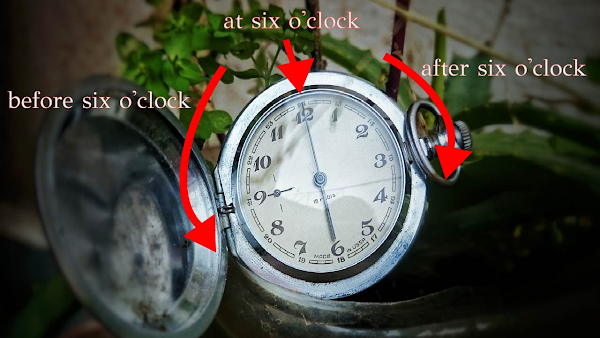What is after? What is before?
After and before are either adverbs, conjunctions, or prepositions. When they refer to time, they have opposite meanings.
After means "later than ..."; before means "earlier than ...".
1. Prepositions
1.1. Prepositions of time
Ex: After the meal, I felt asleep.
Before 2004, there were few social media.
1.2. Prepositions of place
After and before cal also refer to place when we imagine that we are going on a journey:
Ex: "Where's the new stadium?" "It's in Fs 4420 Road. It's after the cinema and before the supermarket."
2. Conjunctions
After and before can introduce clauses. When they do this they're called subordinating conjunctions. [See Conjunction for more details]
2.1. Position
The after-clause and the before-clause can be at the beginning of the sentence or at the end of the sentence. For example:
A. My parents gave2 me some money after I left1 home.
Or: After I left1 home, my parents gave2 me some money.
B. We're going to have1 breakfast before we go2 to work.
Or: Before we go2 to work, we're going to have1 breakfirst.
(1= first action; 2= second action)
2.2. Past time
In the cluases that describe the first action (1), we can use the Past Perfect in place of the Past Simple. For example:
A. The school security guards searched2 all the students after they had left1 school.
B. My mother had cleaned1 the house before her friends arrived2.
2.3. Future time
We use present form for future time in after- and before- clauses. For example:
A. I'll see you again before you return to England.
B. Sam's parents will continue to give him money after he gets married.
Ex: We will know the results of the election after the votes have been counted.
3. Adverbs
After and before are used as adverbs of time. After* means: "after this, after that". Before means: "before this, before that, before now". They go at the end of a phrase or sentence.
Ex: At last the war was over, and not long after*, the soldiers returned home. (after = "after the war was over")
Have we met before? (before = "before now")
I hope this article helps. If you have any question, please leave a comment below.






No comments:
Post a Comment